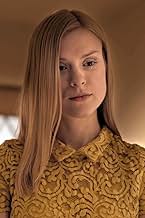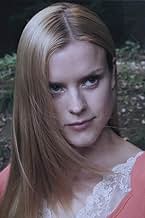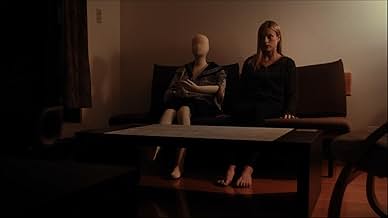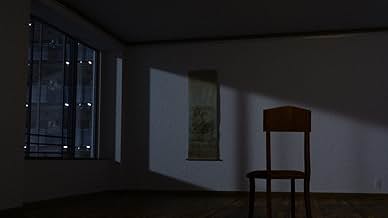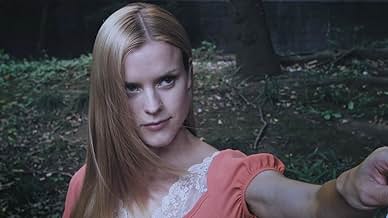Effigy caught my attention for its atmosphere. While I didn't fully absorb the story on my first viewing, its aesthetic and tone stood out. Cairns sets the story in Tokyo but doesn't allow the locale to overshadow the narrative. Themes of greed, detachment, and exploitation weave through the uncanny atmosphere. The language choices, performances, and nighttime settings all heighten the sense of disconnection, with palpable schisms between even physically close characters. We are invited to decipher not only what is said but also what is shown and what is meant. This ambiguity adds a layer of tension and complexity to the film. I prefer to digest films slowly rather than being overwhelmed by an overt message-or lack thereof-and Effigy definitely gave me plenty to ruminate on.
One of the most striking elements was the audio. The layers and textures, combined with droning soundscapes, conveyed an atemporal sense-as if time itself was being blurred. This auditory choice deepened the film's atmosphere, making it easy to lose track of time. That said, the day/night cycles felt significant. They highlighted the contrast between the waking world and the quiet, unsettling stillness of night, contributing to the film's themes of isolation and disconnection.
While Effigy includes subtle nods to 90s J-horror, it deftly avoids the overused tropes of that genre. Its more reflective, unsettling tone and imagery reminded me of films like Under the Skin and Audition, as well as Yoko Ogawa's book The Diving Pool and East of the Sun, West of the Moon. The film's budget is noticeable at times, but it manages to create an intriguing atmosphere, with motifs and motivations that invite further contemplation.

